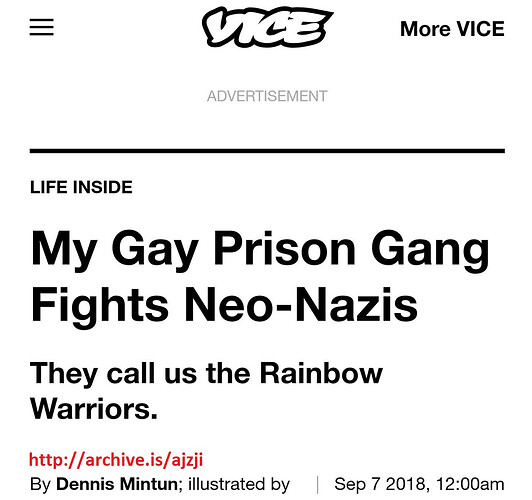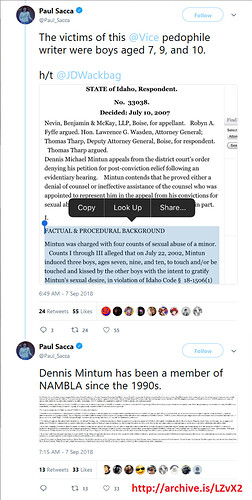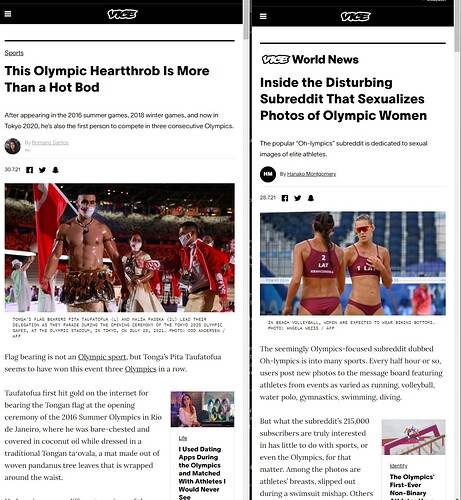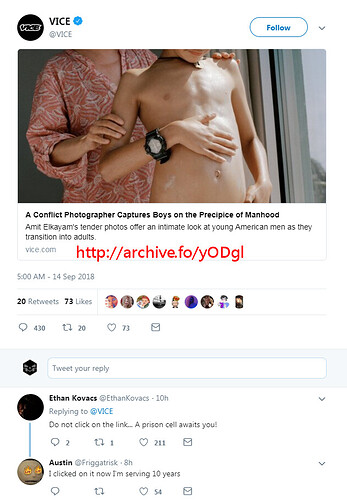Wow, I figured that there was something weird about that part of the video. It makes so much sense now.
As for the part about Kato…
I don’t know for sure if he started abusing kids before or after he started reading hentai manga. In the video, Kato says:
So, he clearly had a sexual attraction to children before he read any hentai manga, but the video doesn’t mention him molesting children before he read any.
Also, in the VICE article that I linked about him, Kato says:
I knew it was against the law, but I convinced myself that I was making the child feel good, so the law was the one that was wrong.
This part was not in the video, only in the article. He knew it was wrong, but went along with it anyway.
I read through the article and Montgomery writes this:
Despite the lack of definitive scientific evidence proving the comics’ harmful impact, anecdotal evidence suggests otherwise. This has compelled activists, psychiatrists who treat child sex abusers, and the international community to call on Japan to ban the illustrations. These critics argue that allowing the drawings to circulate freely normalizes and monetizes what they think is child sex abuse. Scientific evidence is also impossible to obtain, they say, as any experiments testing the comics’ effect could further harm children.
For now, the argument has appeared to reach a stalemate. Neither critics nor supporters of this manga have been able to definitively prove which side is right, thus allowing such material to be tolerated and available in Japanese society.
Note: This should go without saying, but anecdotal evidence is not scientific evidence. Correlation does not equal causation.
Later on, during her interview with Akiyoshi Saito (who is the last person she interviews in the video), Montgomery writes:
But the abusers aren’t the only ones at fault. Japanese society is also a culprit, he said, because no one is born sexually attracted to kids.
“The adults should protect the children; they shouldn’t be an object of consumption,” he said.
“If we were a society that strictly protected children’s rights, regardless of the concerns about freedom of expression, these materials wouldn’t be allowed,” he said.
Well, at least it’s not the UK.







